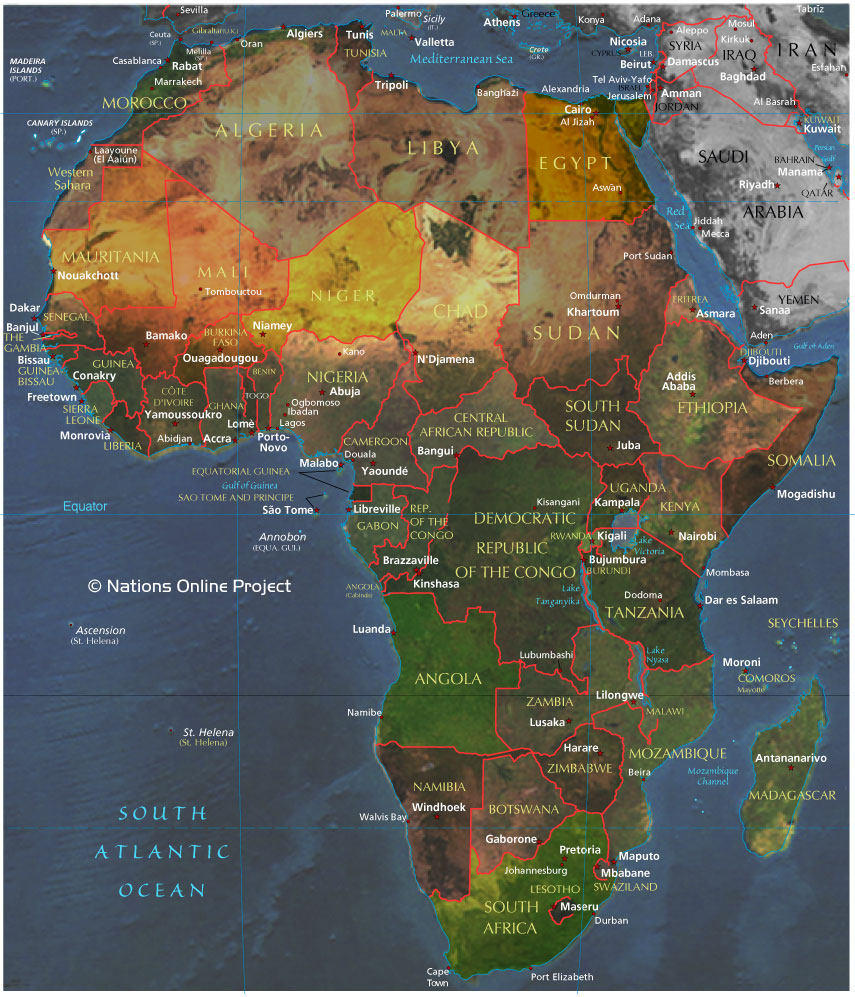For #Giving Tuesday through Canada Helps, https://www.canadahelps.org/en/ we will be collecting donations to distribute 50 (100 seeds/pod) of the iconic Baobab seed pods to Barotseland and 7 cities in Zambia for planting. Sioma, Kalabo, Mongu, Kaoma, Mumbwa, Chipata and Katete.
Please help us re plant this dying species. They can live to be 3000 yrs old but in the last 12 yrs they are dying off in Africa. They are slow growing, so we have to start now and Elephants love them!
We could win $2500.00 from Canada Helps if you donate your time by volunteering with SEEDS, give a financial donation, pledge to help a neighbour or just spread the word by taking the pledge. https://www.canadahelps.org/en/givingtuesday-pledge/?fbclid=IwAR0nVQr6mrRlnpHiZffWRBeWMp5JY6I64JwapBmZZpf_D8hzcsra6D9c0KE.
Thank you!
Socio-Economic and Environmental Development Solutions(SEEDS). Registered Canadian Charity # 801572736RR0001.
The Tree of Life
The baobab has many useful properties, which explains why it is widely known as the Tree of Life. It behaves like a giant succulent and up to 80% of the trunk is water. San bushman used to rely on the trees as a valuable source of water when the rains failed and the rivers dried. A single tree can hold up to 4,500 liters (1,189 gallons), while the hollow center of an old tree can also provide valuable shelter.
The bark and flesh are soft, fibrous and fire-resistant and can be used to weave rope and cloth. Baobab products are also used to make soap, rubber, and glue; while the bark and leaves are used in traditional medicine. The baobab is a life-giver for african wildlife, too, often creating its very own ecosystem. It provides food and shelter for a myriad of species, from the tiniest insect to the mighty African elephant.
For more details about Baobab Trees click on the link.
https://www.tripsavvy.com/fun-facts-about-the-baobab-tree-1454374




I am a zambian currently working on propagation of Baobab in Kenya under the Baofood project. I have done extensive research as a postgraduate student from JKUAT. The project has been a success and I currently have over 300 seedlings. Using different propagation methods we can raise seedlings in the shortest possible time
Hello Blessford, I am happy to hear you are keeping the species alive. I would be happy if you could share some of your proven techniques. my email is joanne@sendseedstoafrica.org. Looking forward to hearing from you.